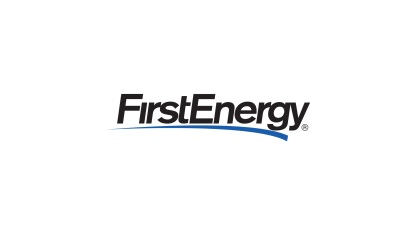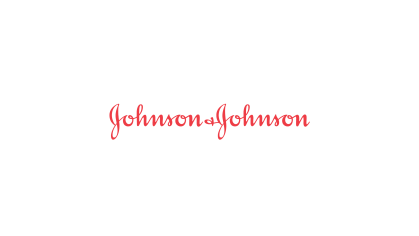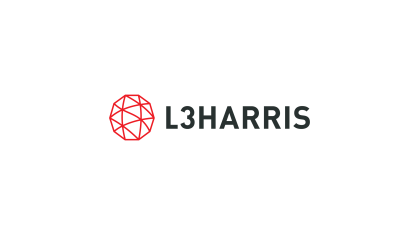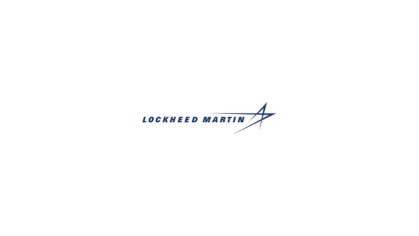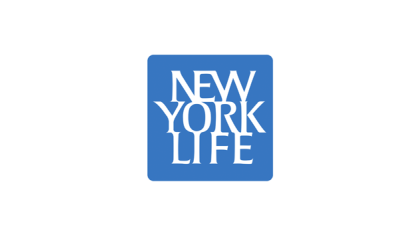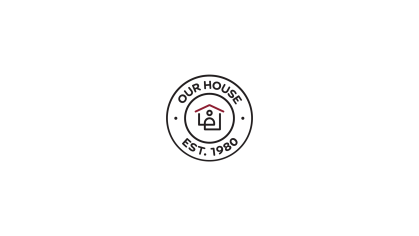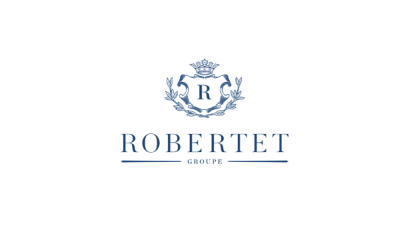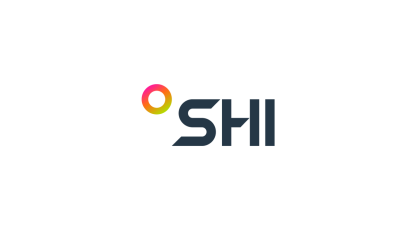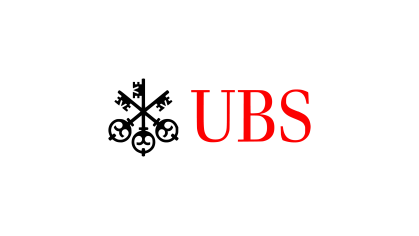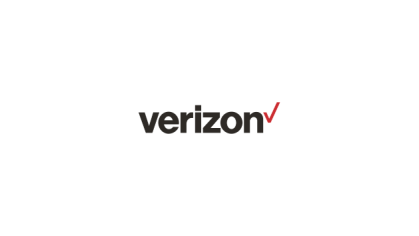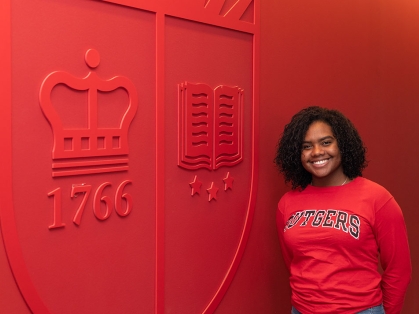Career & Internship Guide
Career & Internship Guide
This guide is brought to you by the Office of Career Exploration and Success and our dedicated employer partners pictured below. Be sure to click on their logo to be directed to their Handshake page, which will include information about their organization and current opportunities.
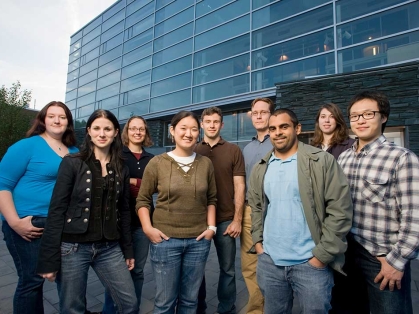
Two of the biggest decisions you will face at Rutgers are deciding what to study and what to do once you graduate. These are important decisions that require thoughtful consideration. Some students identify their choice of major and/or career early on, while others need more time to explore and research various options.

As you assess who you are and what you have to offer, it’s important to remember that there are several essential skills or “competencies” that most employers find highly desirabl

Learn about careers by engaging in discussions with family, friends, faculty, and fellow students and through the following resources.

Starting with the self-assessment process can give you more choices and increase your confidence that you are on the right career path.

Networking is building and maintaining mutually beneficial relationships to develop career prospects, whether it is in-person, online, or both. It is one of the most important attributes of career success.

Exploring careers from a professional’s first-hand perspective is a valuable way to learn if a particular career is an option for you. Informational interviews are often underutilized opportunities to hear “real talk” about careers and to possibly expand your professional network.
Job Search Strategies
You have decided that you’re ready to begin your job search – great! Now you’re ready to explore effective strategies for finding a part- or full-time job. Below are some helpful materials to guide your job search journey.
You have decided that you’re ready to begin your job search – great! Now you’re ready to explore effective strategies for finding a part- or full-time job. Below are some helpful materials to guide your job search journey:

Based on feedback from our employer organizations and our experience we want to provide you with a few pieces of advice for approaching a career and internship fair. Remember, our staff is here to help you!
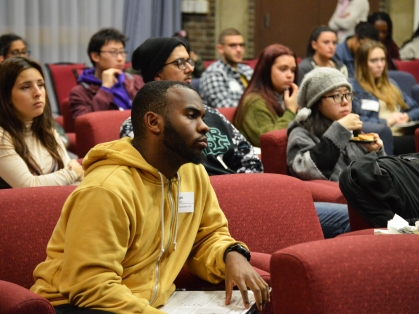
Read responses to frequently asked questions (FAQ’s) from our student population. Meet with a Career Advisor or share your experience or individual question here.

Some job scams are easy to spot while others appear legitimate. So how do you know who to trust? You can start with these basic guidelines to avoid a potential scam.

It’s important to learn and feel comfortable with the hiring culture and practices in the U.S. and how they differ from your home country.

Knowledge is power in a negotiation. It's important to know your worth but it is even more important to know what potential counter-offer is realistic (based on your education, experience, and other factors).

Your resume is a marketing tool representing a very special product: you! It is a succinct outline of your knowledge, skills, abilities, experience, and accomplishments relevant to your employment goals.

Whether you are following up after a career fair or applying for an internship/job, your correspondence with employers creates an impression and illustrates your communication skills.

Graduate students are often uncertain whether a resume or curriculum vitae (CV) is most appropriate for their needs. In some cases, both may be necessary, depending upon your professional objective.

Browse through these tips proven to effectively groom your resume. Utilize keywords, use accomplishment statements, and integrate the P.A.R. Approach.

Review the following resume samples, organized by career interests, for assistance with developing your next resume.

Accomplishment statements create a more powerful resume. They highlight achievements, quantify results, and show impact.

A behavioral interview focuses on past experiences to assess how a candidate had handled specific situations and utilized skills relevant to the position. Based on the premise that the best way to predict future behavior is by past behavior, this style of interviewing is common.

An elevator pitch is a brief 30 to 60 second summary of your relevant background that you can use when you are networking, attending a career fair, and during interviews.
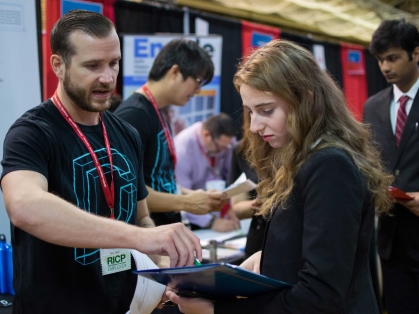
The first interview is a key exchange of information between the employer and the applicant. Learn more about our interview success strategies to ensure you are a standout candidate.

Evaluating a job offer is more than just taking the job with the best salary. There are many factors to consider which will help inform your decision. Here are some key factors to consider in the process:
Graduate School Planning

Are you interested in applying to graduate school? Consider these factors when choosing a graduate school.



